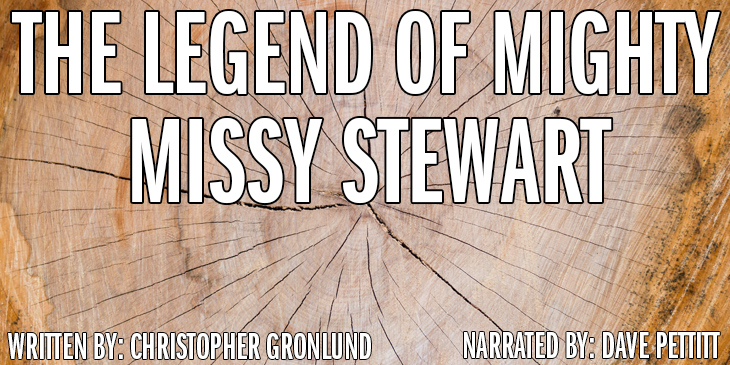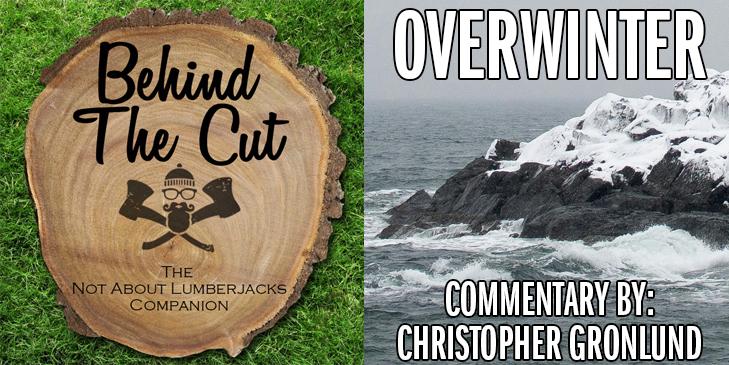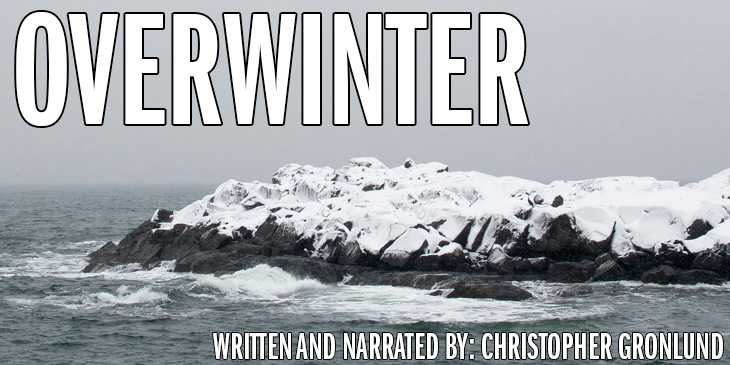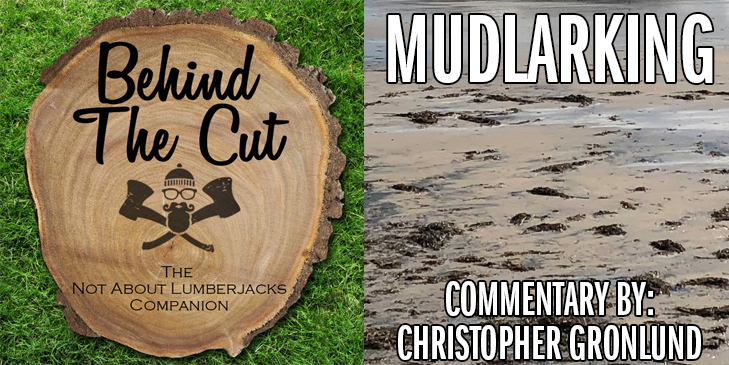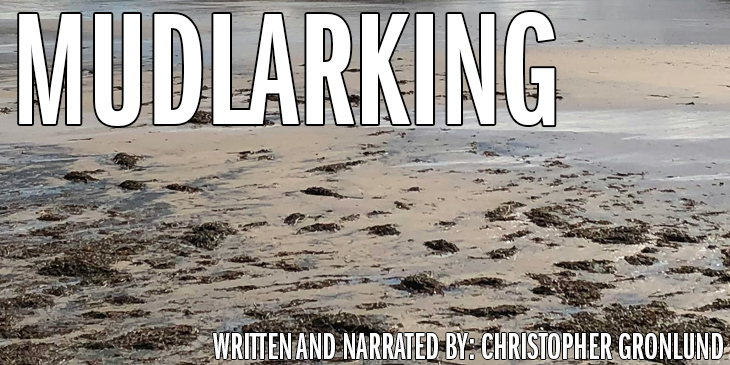Join Mighty Missy Stewart and her badger buddy, Tamarack, as they come of age in a time of expanding frontiers and rugged lumberjacks!
Content Advisory: Were “The Legend of Mighty Missy Stewart” a movie, it would be rated PG. There’s some good-natured teasing and a non-descriptive death. What might put it into the PG realm instead of General Audiences is the mention of some woodland monsters. But this one’s a really light-hearted and fun tale.
* * *
Audio stories are best with the perfect narrator, and “The Legend of Mighty Missy Stewart” is brought to life in the best of ways by the equally mighty Dave Pettitt.
Dave’s done a wide range of commercial work, including the National Hockey League and the National Football League. Cartoons and video games? Yep, Dave’s done both. But he’s best known for the unscripted reality series, Discovery’s Highway Thru Hell—and somewhere near the other end of the spectrum – GPS audio tours for an app called Guide Along.
You can learn more about Dave and what he’s up to at the links below…
* * *
Credits:
Music: Theme – Ergo Phizmiz. Story – Sandra Marteleur, Horna Spelmän, and uncredited traditional tracks, all licensed through Epidemic Sound.
Story: Christopher Gronlund.
Narration: Dave Pettitt.
Podcast: Play in new window | Download
Subscribe: RSS
